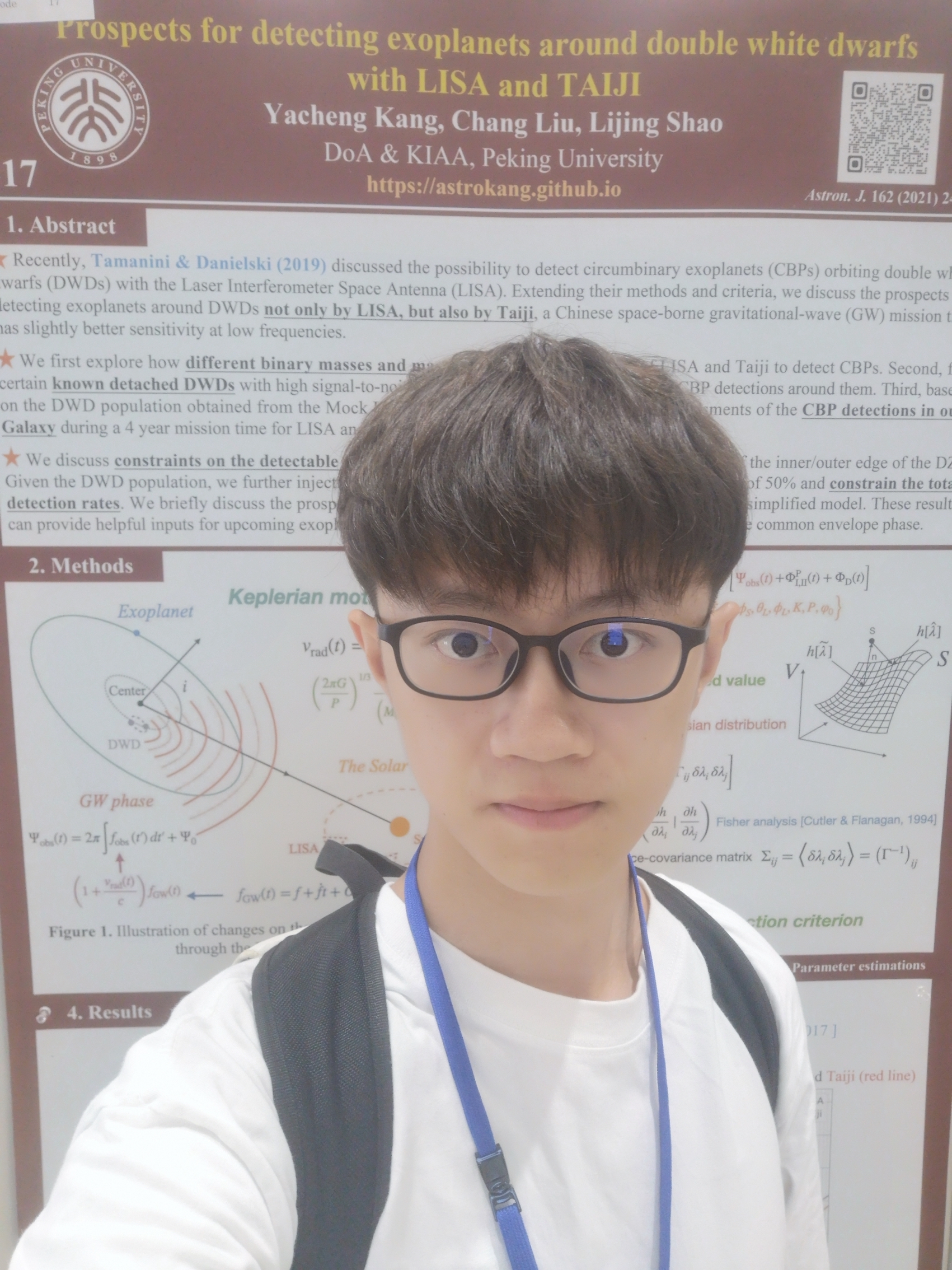Wikimania 2008: Opening Keynote with Egyptian Minister Ahmed Darwish
Published:
The official theme or slogan for this year’s Wikimania is “the knowledge revolution that is changing wisdom.” I think this phrase – especially the difference between knowledge and wisdom – was chosen very carefully and I think it is an excellent distinction to make. This morning’s opening ceremony began with a speech from the Egyptian Minister of State for Administrative Development, Dr. Ahmed Darwish. I will relay his comments here, without much analysis – that will come later, when I have the time.
He spoke of the “future of community participation … to produce and share knowledge.” He claimed that “despite the dispute of consensus vs. credentials” in regards to the reliability or authoritativeness of content, “Wikipedia is becoming a reliable source.” The Minister tied the various projects of the Wikimedia Foundation into the larger framework of user-generated content production as well as Egypt’s own technology initiatives. Specifically, in 1999, they launched an initiative that supported technology in schools, in local technology clubs, and in government. He claimed that Egypt was “harvesting the fruits” of this initiative, with their e-government participation being ranked 28th in the world and their participation (I am not sure what kind – I assume Internet-based participation) to be 49th in the world. That is a significant improvement from the 1990s.
The Minister made three positive observations that the “wiki model” has supported:
New concept of governance is possible without … a governing body
Possible to achieve globalization without wiping local identity
ICT [information and communication technologies] … has become a cardinal tool for development
He asked for a discussion on the “infrastructure and financial sustainability of the wiki.” With respect to the status of user-generated content and technological development, he claimed that Egypt was “not talking about takeoff. We’re already flying,” although discussions would be necessary to “ensure smooth flying.” HE called on governmental and non-governmental organizations interested in economic development to call on “developers to enrich the wiki world and allow for broader participation.” The Minister claimed that the “most important challenge” faced by the wiki model to be reach, or participation. In the field of education, he called on “developing a framework for continuous learning and skill development using wiki models,” but it is unclear what role he had in mind.
The Minister was quite supportive of educating young people, as over 50% of Egyptians are under 25. Considering the general demographics of Internet users, this is a significant number of potential Egyptian Internet users, he claimed. He emphasized the necessity in “investing in human resources capital” as “learning is very important” in the “challenging needs of the emerging market.” He also argued that “good governance – transparency and participation – is the main foundation for government,” and suggested that the wiki model could further that end. He claimed that, “we are not too far from people in the community actively contributing to government, changing the traditional model of citizen vs. government” into “collaborative citizens and government for development.” However, he asked several crucial questions: Where are we? Are we on the right track? Are we going at the right pace? And are we using a model that is flexible enough? Are we interested in building expertise?
He called for a very interesting study to measure the impact of Wikipedia. More than stats about words and articles, he wanted to know how it was actually affecting real-world institutions. I don’t know how feasible this would be, but I certainly agree with it. His final recommendations were to get researchers interested with participants, encourage work on awareness and outreach, keep a focus on governance issues, be proud of the work done so far, and appreciating the work of each contributor, no matter how small.
